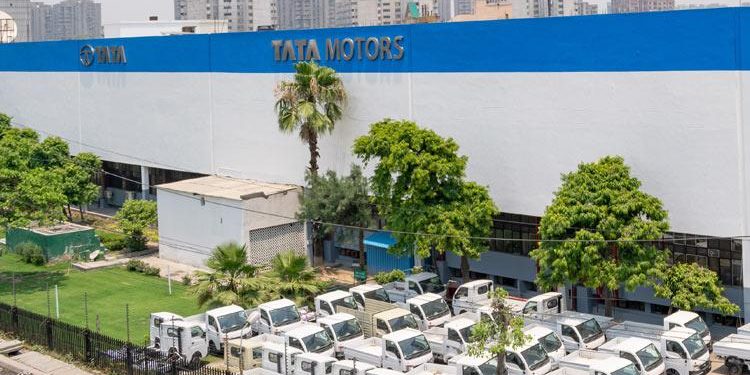Mumbai: Tata Motors Wednesday formally announced the launch of Tata Motors AutoMobility Collaboration Network 2.0 (TACNet 2.0). This according to Tata Motors aims to steer innovation through a collaborative platform that will help develop a centre of AutoMobility innovation through partnerships for new technologies and/or business models.
It will also allow Tata Motors to engage with start-ups and technology companies to easily connect with them, spark innovative solutions in the automotive technologies and mobility ecosystem and explore synergies.
Shailesh Chandra, President – Electric Mobility Business & Corporate Strategy, Tata Motors said, “The automotive industry is undergoing a rigorous transformation phase with new and advanced technologies in manufacturing, digitisation solutions to optimise the operations and supply-chain, innovative and advanced product technologies and disruptive business/service models for engaging the customer and other related stakeholders.”
Chandra added: “Almost every segment of the automotive value-chain is required to drive its own innovation story. As a leading Indian automotive brand, we need to constantly keep innovating for serving the market better, (serving) our customers and the categories we cater to. In the current age of uncertainty and speed of change, the above effort of sourcing solutions will need to be driven both through in-house initiatives as well as collaborating with external partners.”
On how the system will work, Chandra said TACNet will enable the outside world in connecting with us for such innovation and collaboration opportunities. “We are looking forward to unlock the potential of India’s finest start-ups and technology and solution based companies,” he added.
TACNet is a platform for connecting aspiring mature start-ups with Tata Motors to solve existing and anticipated challenges in the cargo and people mobility. The themes for TACNet 2.0 are centered on areas that are of immediate interest to Tata Motors. The company is exploring solutions for block chain in automotive, parking marketplace, Neuro-Linguistic Programming (NLP) native chatbot, demand prediction algorithm, real time monitoring of fuel quality (BS VI) and authenticating genuine spare parts.






































